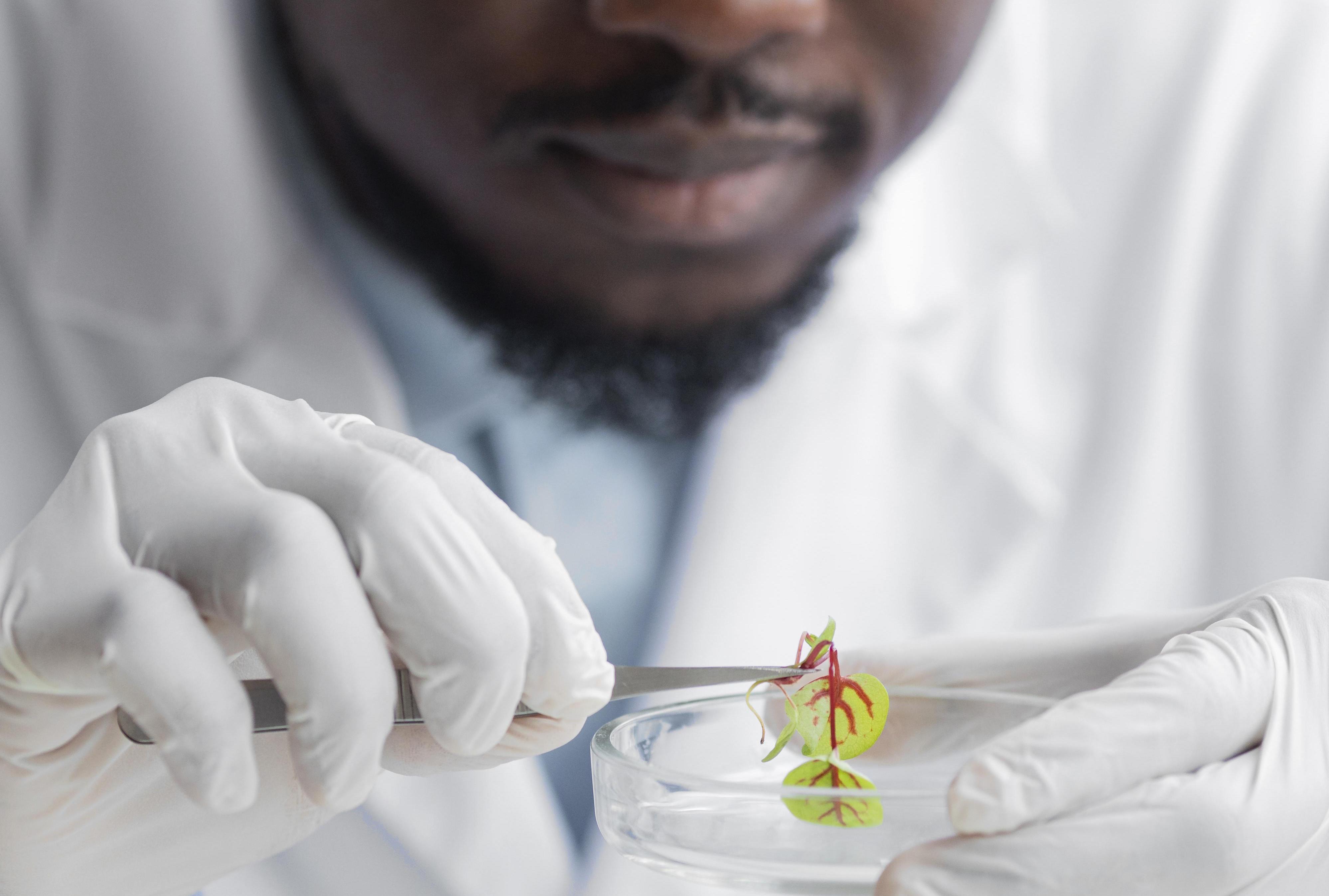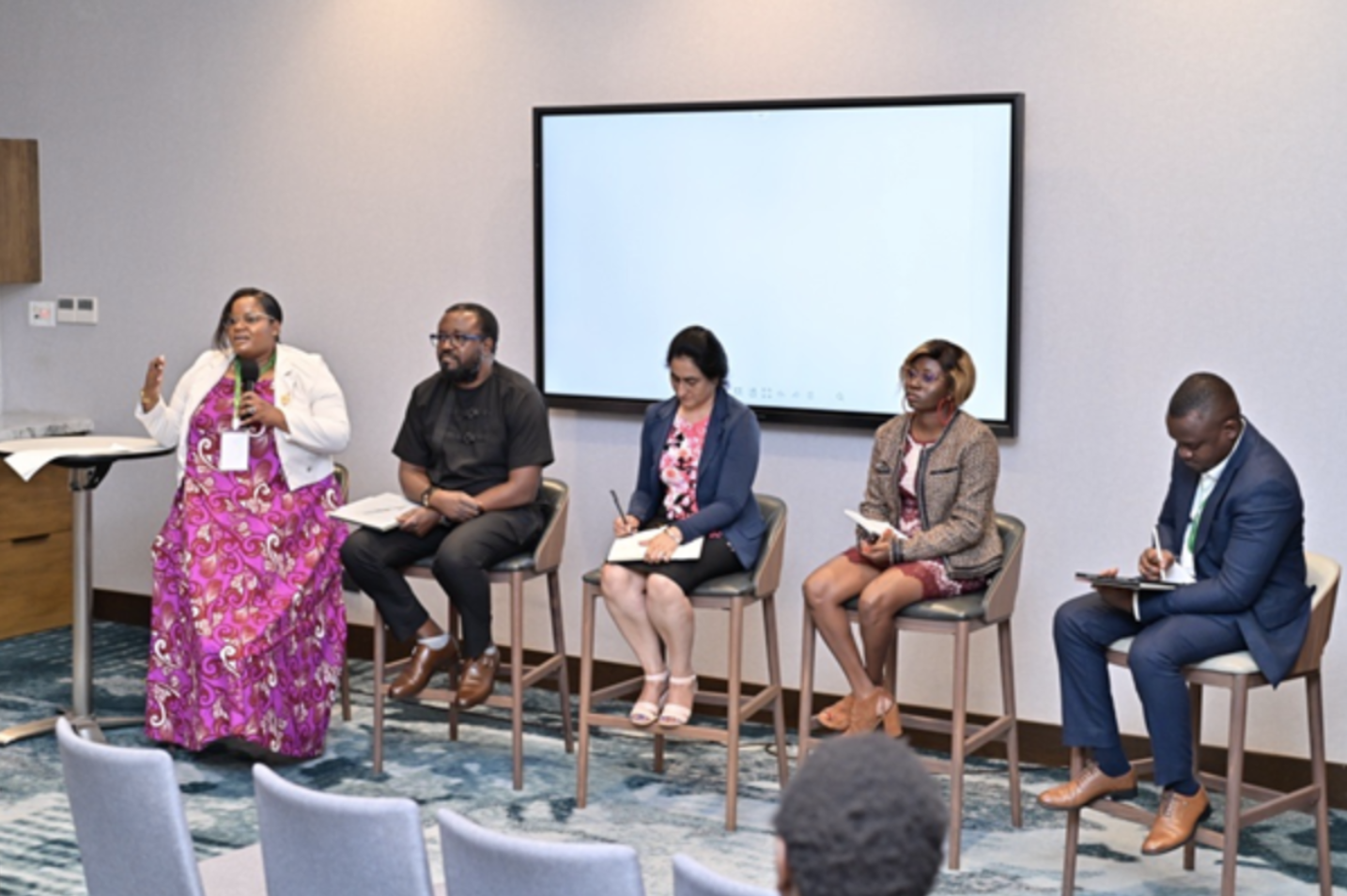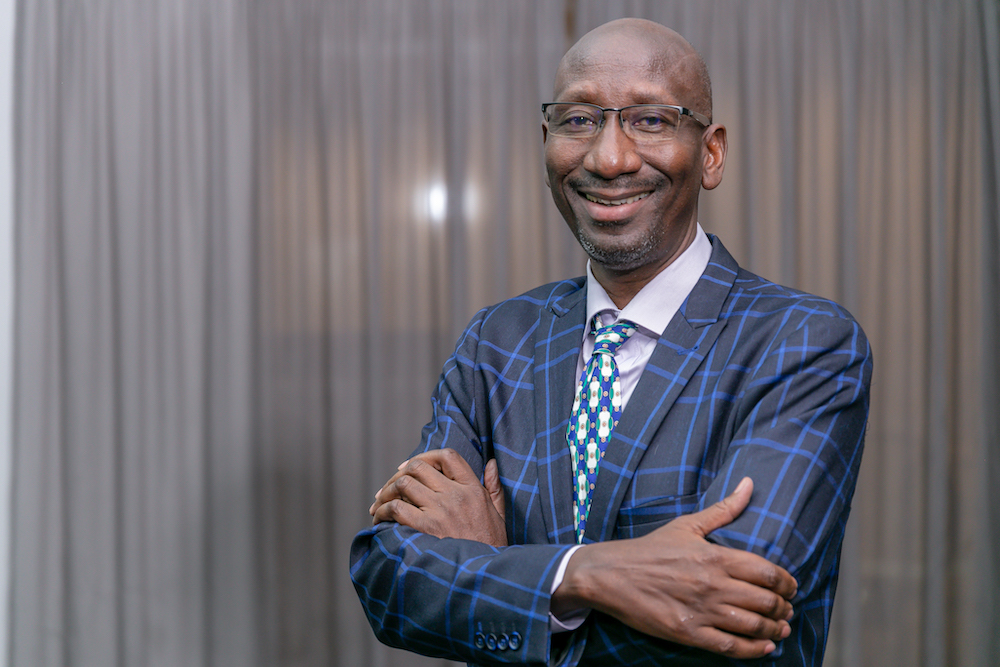
Impact Stories
Addressing Africa's mental health crisis: Unleashing the potential of gifted minds through capacity building
Thursday, October 5, 2023
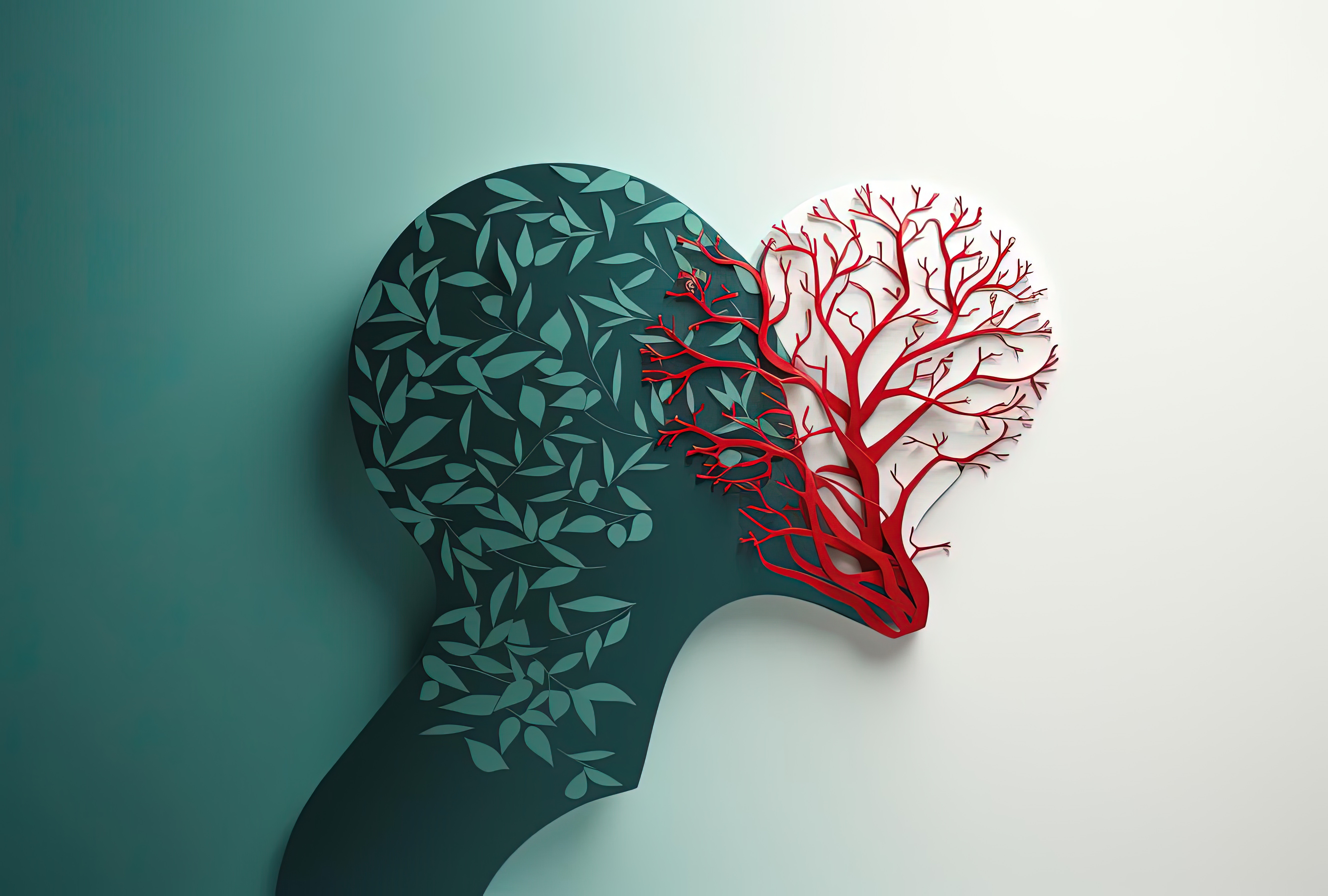
By Moses Alobo
In the ever-evolving narrative of mental health, one group often goes unnoticed, their struggles hidden behind a facade of excellence: gifted individuals. As we cast our gaze upon Africa, a continent grappling with the unique challenges of nurturing genius, we find ourselves at the crossroads of a burgeoning mental health crisis and a pressing need for tailored support.
The Mental Health Epidemic in Africa
In 2022, the World Health Organisation reported that Africa is home to six of the top ten countries with the highest suicide rates. South Africa reported a suicide crisis in 2022, joining Lesotho, Eswatini, Zimbabwe, Mozambique, and Central African Republic as the African countries with the highest suicide rates. A mental health crisis is silently plaguing the continent, as depression and suicide rates continue to rise in Kenya, Nigeria, and Egypt.
However, this crisis takes a particularly devastating toll on gifted individuals. A staggering seven young doctors took their own lives in the past two years, as reported by the Kenya Medical Practitioners and Dentists Union. The connection between mental health issues and suicidal behaviour among gifted individuals is a well-documented but often overlooked aspect of this burgeoning crisis.
Amidst this backdrop, gifted individuals in Africa stand as a reservoir of untapped potential, whilst providing them innovative solutions for mental health support would build a base for support for other groups. Their unique abilities and perspectives have the power to reshape the mental health landscape on the continent, provided they are equipped with the right tools through capacity building.
Empowering Gifted Minds to Forge Solutions
To truly understand the plight of gifted individuals, we must first delve into the intricacies of their unique experiences. Giftedness is defined as a trait of individuals that demonstrate exceptional ability to reason and learn in one or more domains, such as mathematics, music, language and/or a set of sensorimotor skills like painting, dance, and sports. Their journey is not without trial, as research over past decades has identified that the unique characteristics and experiences of gifted people contribute to their mental health challenges, resulting in issues such as unhealthy perfectionism, anxiety, depression and even suicidality.
Gifted children often grapple with developmental imbalances, propelled by their heightened eagerness and accelerated capacity to learn. They may stumble upon their exceptional abilities by chance or realise their prowess when attempting something for the very first time. This early recognition can set them on a path where they consistently outperform their peers, leading to the pressure of perfectionism. The pursuit of excellence leaves little time to nurture their social and emotional quotients, and the concept of failure becomes alien until it inevitably strikes, leaving them feeling ill-prepared to cope.
Fostering Mental Health Solutions through Capacity Building
Capacity building emerges as a linchpin in addressing the African mental health crisis. By empowering gifted minds with the necessary skills and knowledge, we can unleash their potential to develop innovative solutions. Here are key factors of how capacity building can be a catalyst for change:
-
Education and Training: Provide gifted individuals with specialised education and training in the field of mental health. These programs can equip them with the tools to understand, assess, and address mental health challenges effectively.
-
Research and Innovation: Gifted minds possess the intellectual prowess to conduct ground-breaking research in mental health. Capacity-building initiatives can facilitate their engagement in research projects that explore innovative approaches to mental health support, particularly tailored to the African context.
-
Community Engagement: Empowers gifted individuals to engage with their communities and raise awareness about mental health issues. They can become advocates for destigmatizing mental health challenges and promoting a culture of empathy and support. If gifted individuals can get support then we all could do with some support.
-
Mental Health Services: Start to bridge the gap in access to care. They can serve as mental health professionals, counsellors, or peer supporters, offering culturally sensitive and personalized assistance.
-
Collaborative Networks: Capacity-building initiatives can facilitate collaboration among gifted individuals, mental health experts, and policymakers. This collaboration can lead to the co-creation of holistic mental health programs that address the specific needs of African communities.
A Beacon of Innovation in Mental Health
Within the realm of mental health in African Mental Health Research Initiative (AMARI) is an example of an incredible initiative that is prioritising mental health research, to produce African scientists who are finding trailblazing solutions to mental, neurological and substance (MNS) abuse disorders. AMARI's pioneering efforts in understanding and addressing the mental health challenges faced by gifted Africans, as well as the broader population, showcase the transformative potential of capacity building.
It is great to have this programme within SFA Foundation and be supported by Wellcome and the UK Foreign, Commonwealth & Development Office (FCDO). AMARI researchers are working to reduce the mental health treatment gap in Africa by understanding MNS conditions and designing treatments to meet the unique needs of patients.
Additionally, researchers across six African countries are studying the effect of mental health problems on the management of non-communicable diseases such as diabetes, as well as the impact on caregivers. Others are studying the impact of maternal depression on mother-to-child HIV transmission.
In partnership with Grand Challenges Canada, the SFA Foundation is also implementing the Being Initiative to manage longitudinal research programmes in low- and middle-income countries to understand and predict the long-term effects of stressors (such as COVID-19, urbanization, and emergency circumstances) on young people's mental health and wellbeing.
It is this type of local research, along with the training of more mental healthcare professionals, that is crucial in addressing the growing mental healthcare crisis the continent faces.
Conclusion: Forging a Path Forward
Africa’s mental health crisis is a pressing issue that calls for innovative solutions and collaborative efforts. Gifted individuals, with their unique abilities and perspectives, have the potential to drive change in the mental health landscape. By investing in capacity-building initiatives that empower these gifted minds, we can unlock the untapped potential that lies within them.
Together, let us forge a path forward, one where gifted minds are empowered to shape a brighter and more inclusive mental health future for Africa.
About the Author(s)
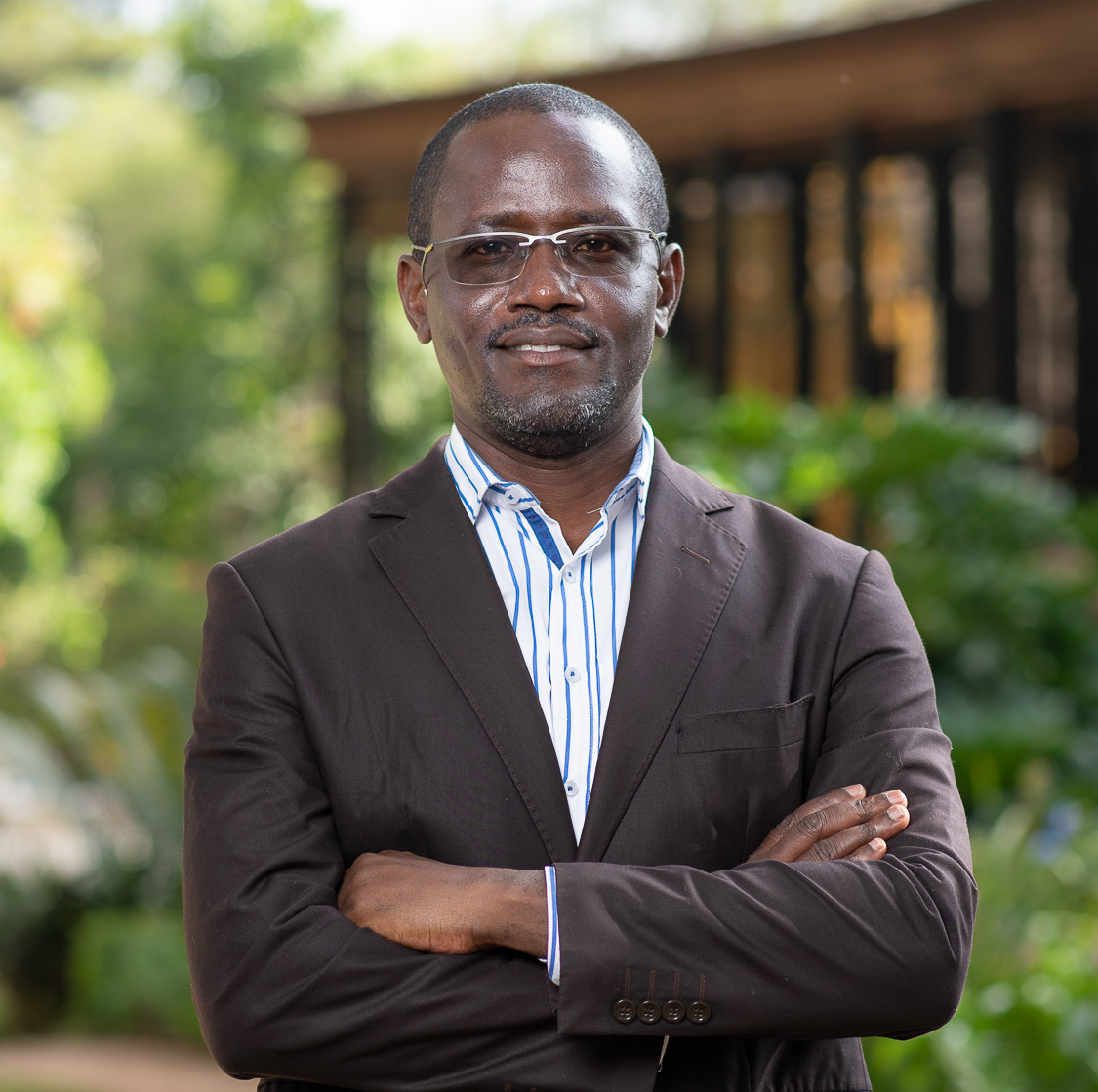
Moses Alobo
Head of Programmes, SFA Foundation
